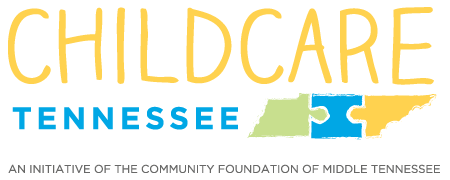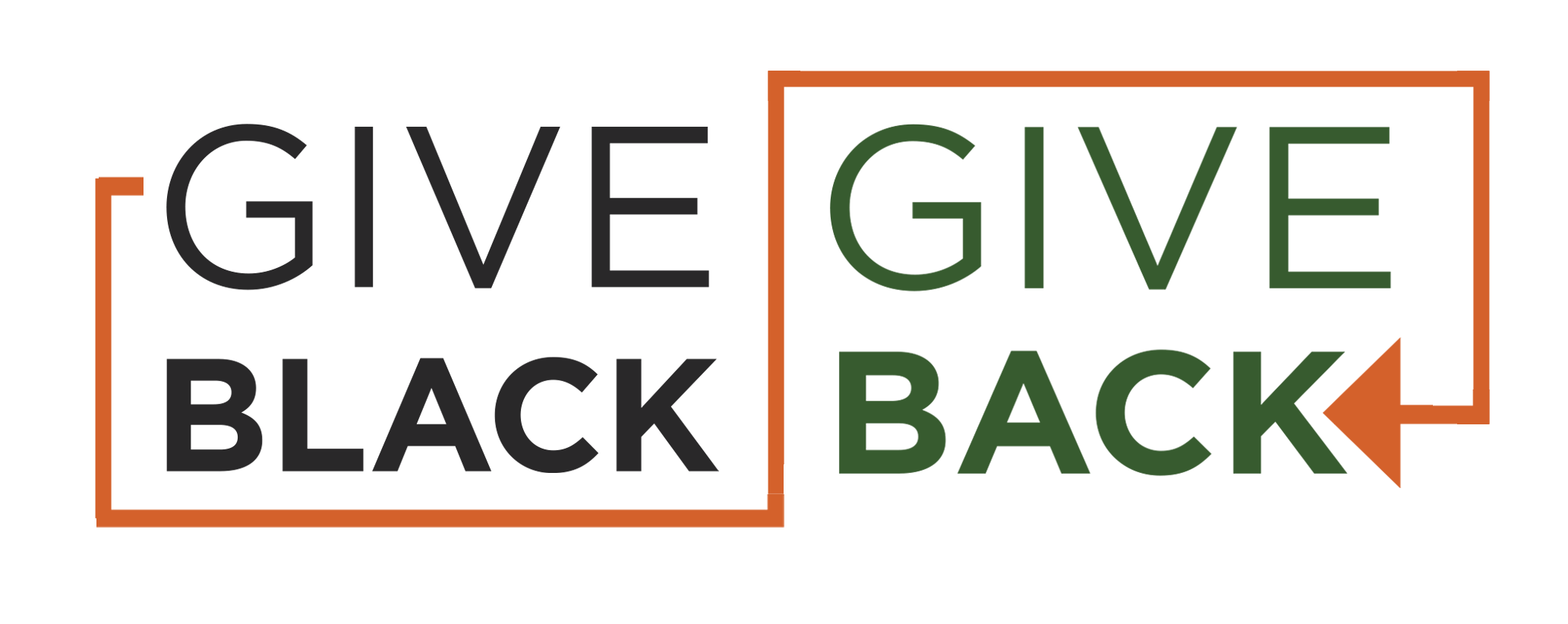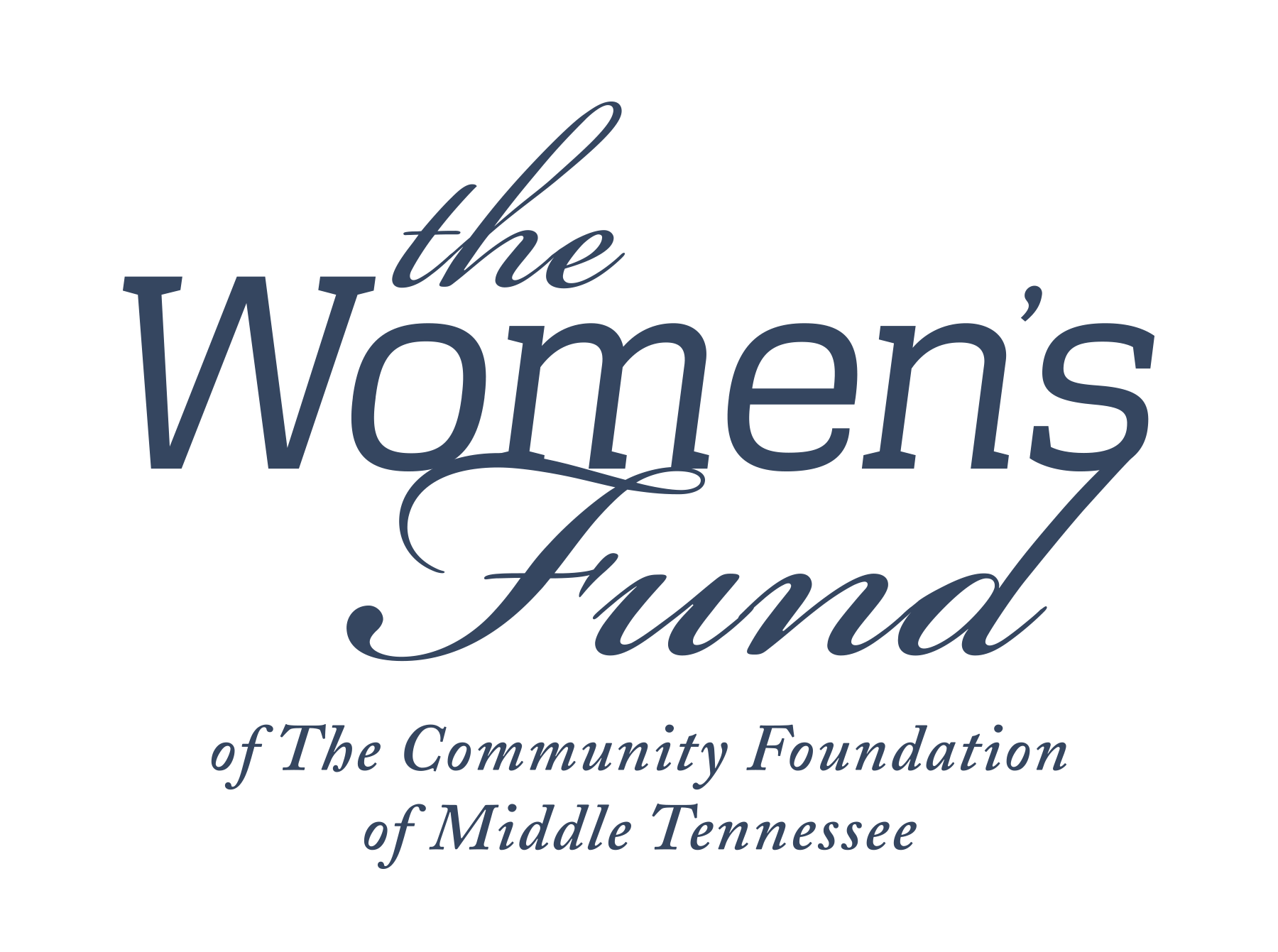Trust is the foundation for every relationship in our lives.
It fosters security and authenticity while simultaneously helps reduce misunderstanding and conflict. Furthermore, it promotes long-lasting and meaningful bonds leading to greater happiness and health. It is for all of those reasons and more that trust is the foundation upon which CFMT is building a new strategic framework that will guide us in the years and decades ahead.
Trust-based philanthropy is a charitable approach that reimagines the traditional power dynamics between donors and nonprofit organizations. At its core, it seeks to shift the connection between the two from patron to partner.
Rather than a checklist of must-do items, trust-based philanthropy aims to embody a set of values. How it manifests may look slightly different from one foundation and donor to another.
Trust-based philanthropy became necessary during the pandemic as community needs grew and changed rapidly. Donors realized excessive reporting could present roadblocks to some types of giving, and grantees knew better than anyone what was happening on the ground in real time. Perhaps the best and most public example of trust-based philanthropy is MacKenzie Scott’s giving initiative. She has quietly donated $8 billion in unrestricted funds to hundreds of small charities without so much as requiring a grant application. This initiative is proof that there are upsides to looking outside the box of traditional reporting and restrictions.
Implementing trust-based philanthropy successfully
The benefits of trust-based philanthropy are clear, but it can be a paradigm shift for donors used to giving restricted funding or expecting meticulous reporting on outcomes.
However, trust-based philanthropy doesn’t mean throwing caution to the wind. Financial procedures and policies are still necessary (and perhaps even more important). Plus, because trust-based philanthropy is a set of values rather than a firm set of rules, donors don’t need to overhaul everything they do to begin shifting toward a more trust-based approach.
For donors who want to explore trust-based philanthropy, here are some tips for success:
Focus on due diligence. Successful trust-based philanthropy relies on due diligence, which allows for the trust necessary for unrestricted funding. Before granting funds, donors should understand the potential grantee’s leadership, governance structure, programs and community impact. When reviewing a financial statement, funders should take a close look at the organization’s overall business model, how the organization is sustaining its work, whether there are any deficits or surpluses and who else is in its funding portfolio. The majority of this information is accessible to you in our Giving Matters platform.
Prepare for multi-year funding. Individuals and foundations that aren’t used to offering multi-year grants need to protect their own financial viability. Before committing to a grantee, funders should first take stock of all current and future grant commitments and decide if multi-year funding is feasible. Budgeting, cash flow and minimum distributions required by tax regulations should all be closely monitored.
Transparency is important. Being forthcoming about your identity can help facilitate donor-grantee the Trust-Based Philanthropy Project cites a few hallmarks of this structure for giving:
- Unrestricted, multi-year funding.
- Simplified application processes and reporting requirements.
- Transparency and communication between funders and grantees.
Donors who are actively engaged in the organizations they support beyond writing a check are focused on building relationships in the long term. You are free to disclose as much or as little personal information in your grantmaking as you would like, but when recommending a grant from a DAF, consider including identifying information along with the grant letter. Of course, anonymous grantmaking is always an option, and may still be the best choice based on your personal preferences and giving philosophy.
Trust-based philanthropy is not a one-time deal, but an ongoing process that takes consistent work, communication and feedback. By taking these steps, DAF donors can move toward a more inclusive way of giving that benefits them, nonprofit organizations and the communities they support.






